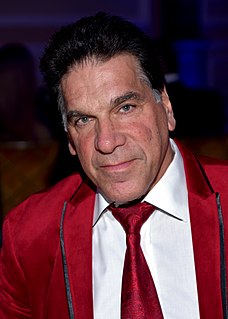A Quote by Cal Cunningham
When law enforcement violates departmental policies or operates outside of its certified training, it should not be insulated from liability to the victims of these breaches.
Related Quotes
Which is why I'd like to tip off law enforcement to an even larger child-abusing religious cult. Its leader also has a compound, and this guy not only operates outside the bounds of the law, but he used to be a Nazi and he wears funny hats. That's right, the Pope is coming to America this week and ladies, he's single!
Here in Washington State, I've supported efforts to provide our law enforcement with the proper training and resources required to meet their changing and demanding needs of their job. In doing so, I feel that the community and the law enforcement relationship will gratefully benefit from a renewed sense of responsibility and accountability.
I have no doubt that if an actual ticking bomb situation were to arise, our law enforcement authorities would torture. The real debate is whether such torture should take place outside of our legal system or within it. The answer to this seems clear: If we are to have torture, it should be authorized by the law.
To argue that it is unconstitutional for local law enforcement to be a legitimate partner in immigration enforcement is shortsighted. It is evidence of a lack of commitment to securing our borders and a lack of appreciation for the proper role of the states in supporting federal law enforcement priorities.
We need to statutize what is permissible and what is not permissible. If a law enforcement agent uses a clearly unapproved technique like the knee that was on the neck of George Floyd for over eight minutes, no law enforcement agent thinks that that's right and that officer should be held accountable.
There have been decades of failed policies: zero tolerance, harassment and people being locked up for small crimes -\-\ policies that drive a divide between communities and law enforcement. So many people feel like they are voiceless, that they've been dehumanized. What we saw in the riots is a result of that.
When we ask Negroes to abide by the law, let us also declare that the white man does not abide by law in the ghettos. Day in and day out he violates welfare laws to deprive the poor of their meager allotments; he flagrantly violates building codes and regulations; his police make a mockery of law; he violates laws on equal employment and education and the provisions of civil services. The slums are the handiwork of a vicious system of the white society; Negroes live in them, but they do not make them, any more than a prisoner makes a prison.
This killer [in Orlando] was interviewed by the FBI three times and I'm not going to second guess what career law enforcement professionals do everyday to defend our nation. But we need to look carefully at this. Should we have a broader database? You know, someone comes to the attention of FBI not once but three times, does that suggest that local law enforcement needs to know.































